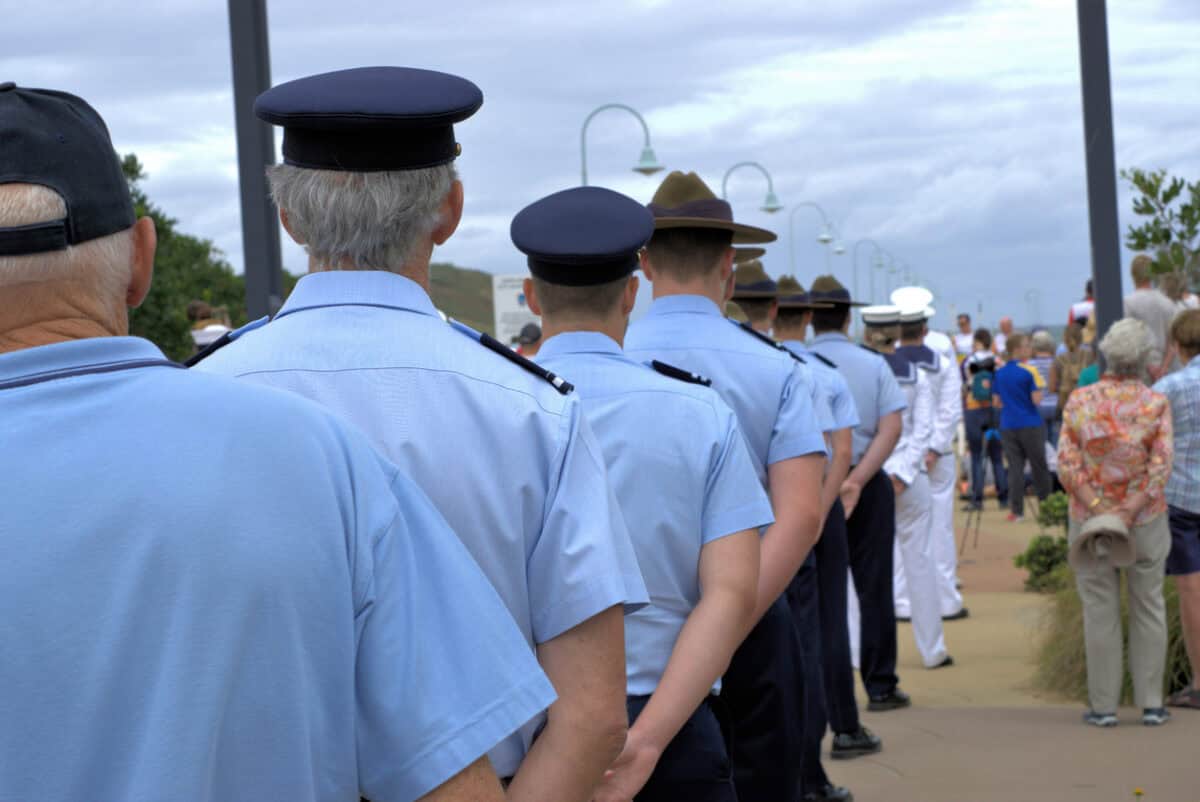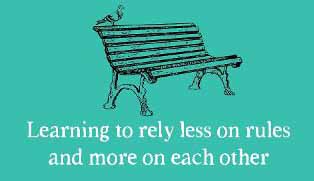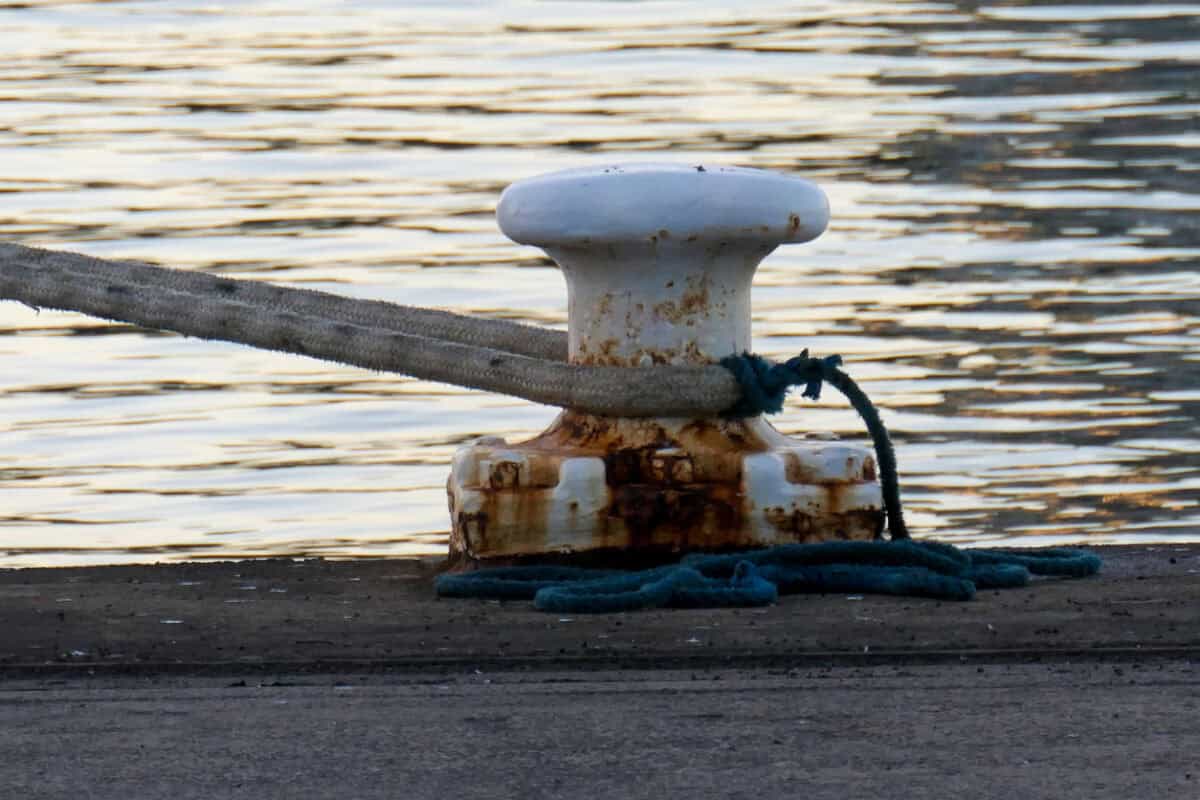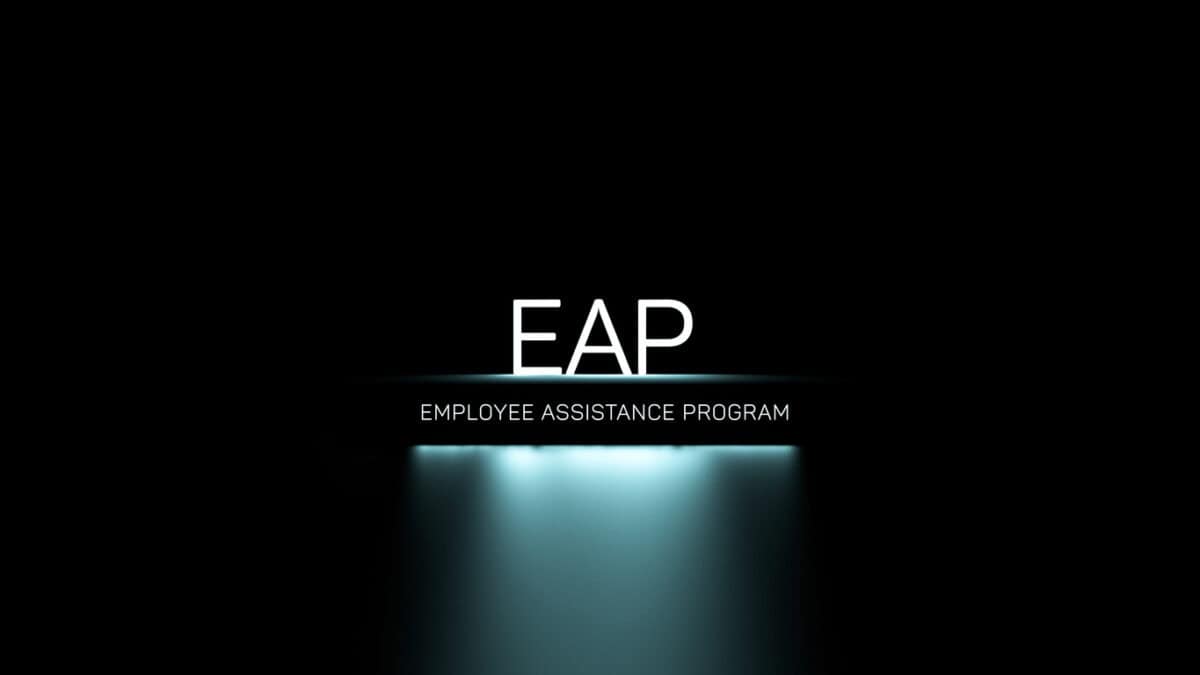Recently, a former occupational health and safety (OHS) official from SouthEast Asia told me a story about how his “gut” gave him a feeling about employers and companies that did not have a genuine commitment to improving the safety and health of their workers. OHS needs evidence-based decisions, but after a few years, that evidence and experience can become internalised so one’s “gut feeling” can provide a compelling clue about workplace safety culture.
Category: safety culture
Veterans, Suicide, Culture and Crompvoets
For many years, occupational health and safety (OHS) has been fixated on “Culture” as an encompassing term for what management activity does not work and what does. The focus has faded slightly since the COVID-19 pandemic. Still, Culture made an important reappearance this week with the delivery of the final report of Australia’s Royal Commission into Defence and Veteran Suicide. However, some of the most telling analyses of the safety culture in the Australian Defence Forces occurred in 2021 with the work of Samantha Crompvoets.
NOTE: this article discusses suicides
OHS questions to ponder
When wearing a motorcycle helmet and motorscooting to and from the office, I (too?) often think about occupational health and safety (OHS) while, of course, being situationally aware (mostly). It is not quite the same as an isolation tank that turned William Hurt into a caveman and a blob, but the quiet allows contemplation.
Below are some of the questions and thoughts from those sessions. Usually, these percolate for a few weeks into a blog article, but I would appreciate readers’ and subscribers’ thoughts. A prize or reward will be sent to the most engaging subscriber.
Keep away from Leadership and start to progress
Lately I have been thinking a lot about Leadership and how it dominates, and unchallenged, how occupational health and safety is managed in Australia. Of the three OHS/business books I bought this week, one included a page about Leadership and how we should move away from it.
New perspectives can perpetuate the old
An article garnering some attention on LinkedIn (Yeah, I know, the Facebook for corporate self-promotion) has called for a different path to reducing occupational health and safety injuries. “A new view of safety culture measurement” is written by safe365’s cofounder Nathan Hight. As with most articles on the Internet, the primary aim is marketing or selling (this blog is a good example); in this case he is promoting an upcoming webinar. He writes:
“In order to quantify and manage the impacts of behaviour and attitudinal-based attributes in safety, we need a more consistent approach to both the primary measurement, but also the ongoing assessment of progress and performance.”
The OHS context is almost missed as EAP bodies scrap
The increased interest in preventing and managing psychosocial hazards at work should draw more attention to a service that many employers rely on to handle this issue: Employee Assistance Providers (EAPs).
Recently, The Age newspaper ran an article called “Employers spruik workplace wellbeing services. But who is picking up the phone?” (paywalled). The hard copy article was “Doubts raised on workplace wellbeing services”. Both articles reported on EAP services that are not always being provided by qualified clinical psychologists, as these services used to be.
Broadening the OHS perspective
Over the last decade, the occupational health and safety (OHS) profession has been challenged by a new perspective on OHS and its professional interaction with it. Safety Differently, Safety II or some other variation are important and intriguing variations, but they seem to remain confined to the workplace, the obligations of the person conducting a business or undertaking, and/or the employer/employee relationship. The interaction of work and non-work receives less attention than it deserves.
Many OHS professionals bemoan OHS’ confinement to managerial silos but continue to operate within their own self-imposed silo. One way for OHS to progress and to remain current and relevant is to look more broadly at the societal pressures under which they work and how their employees or clients make OHS decisions. Some recent non-OHS books and concepts may help.







